|
11/28/2013 Giving Thanks for the HelpersBy Christine Murray, See the Triumph Co-Founder
In this video’s interview with Fred Rogers, he says, “If you look for the helpers, you’ll know that there’s hope.” Today, on Thanksgiving, we at See the Triumph give thanks for all the helpers who work day in and day out to prevent intimate partner and sexual violence, as well as to support victims, survivors, and their children and hold offenders accountable. Unfortunately, intimate partner and sexual violence are so deeply ingrained into virtually every culture around the world that putting an end to these epidemics is a huge task that is likely to take generations to achieve. And so, just as Mr. Rogers said early in the video clip, it’s easy to become devastated when we hear of each new tragedy of violence that occurs. It’s easy to feel overwhelmed by the magnitude of the problem. And yet, I know that there is hope because I look around each day and see so many people and organizations working hard to end violence. The work is not easy. For those who provide direct services to clients, resources are often scarce and nowhere near enough to provide the full spectrum of help that so many clients need. Clients are often in a state of crisis, which can mean that their circumstances are unpredictable and carry significant safety risks. Hearing clients’ traumatic stories day after day can be traumatic for professionals as well, and there has been growing recognition of the impact of secondary traumatic stress on professionals. Advocacy organizations, such as state coalitions and national organizations, such as the National Coalition Against Domestic Violence, the National Network to End Domestic Violence, and RAINN (Rape, Abuse & Incest National Network), to name just a few, work tirelessly to advocate to make sure that these issues remain on the national political agenda. They also work to educate the public, a huge task considering the significant stigma surrounding intimate partner and sexual violence. And so, today on this day of Thanksgiving, we pause to thank the helpers. Thank you for your dedication. Thank you for caring so much for survivors that you apply your talents in work settings that are often less than ideal. Thank you for innovating and coming up with novel approaches to working toward ending violence. Above all, thank you for the hope that you inspire, on an individual level and to our society, that we will one day end the violence and create a safe and peaceful world. 11/25/2013 Victim Blaming and StigmaBy Christine Murray, See the Triumph Co-Founder
Recently, we launched our Causes pledge to tell survivors of intimate partner violence: “It’s not your fault.” We still invite you to take the pledge and add your name to the hundreds of others who have already done so. The more people who take the pledge, the stronger the message will be that victims are never to blame for the abuse they experience. In our research, victim blaming has consistently come up as one aspect of the broader stigma surrounding intimate partner violence. It seems that many survivors have been made to feel that they are somehow responsible for their abuse, whether that blame comes from their perpetrators, people in their personal networks, and even the professionals they reach out to. A 2011 research study published in the journal Feminist Criminology showed that the media often perpetuates victim-blaming attitudes, too.(1) In this study, the researchers reviewed newspaper stories on murders of females by their intimate partners over a six-year time-frame in North Carolina. In 11% of the stories reviewed, the stories used direct victim-blaming language by reporting on steps the women failed to take to protect themselves (e.g., leaving or seeking legal protections). In addition, 14% of the stories reviewed used more indirect ways of blaming victims, such as by referring to their drug or alcohol use and/or mental health issues. It seems the blaming of victims often comes from all directions. So why does victim-blaming matter? In a recent article on the Refinery29 web-site, author Jessica Goldstein said, “As long as we live in a culture that blames victims for ‘not leaving’ instead of holding perpetrators of violence accountable for committing such atrocities in the first place, a critical mass of victims won’t feel safe and supported enough to come forward with their stories.” Think about it. If you felt that you were responsible for some bad outcome happening to you, wouldn’t you feel embarrassed and less likely to reach out for help? Would you perhaps feel that you should be ashamed and don’t deserve to be helped because you somehow brought the situation on yourself? The weight of the blame and stigma would likely have a profound impact on how deserving you felt of support from others. The stigma surrounding intimate partner violence is very real, and we invite you to join us in working together to end it. Taking the pledge to tell survivors, “It’s not your fault,” is one step, and we’ll always welcome more of your ideas on other steps that we can take to end the damaging stigma that prevents survivors from getting the support they need. Resource: (1) Richards, T. N., Gillespie, L. K., & Smith, M. D. (2011). Exploring news coverage of femicide: Does reporting the news add insult to injury. Feminist Criminology, 6, 178-202. By Rachel Miller, See the Triumph Guest Blogger
Blame: to assign responsibility for a fault or a wrong. You would think when it comes to domestic violence everyone would know where the blame lies, wouldn’t you? The abuser is the only person responsible for the abuse he or she chooses to inflict, right? Yet this very simple and seemingly obvious fact is far from obvious to many, including victims themselves. Our society likes to perpetuate the problem of abuse through a tactic called victim-blaming. You may have heard the term before, but let me give you a scenario of victim blaming in action, so you can better understand how and why it works and how oblivious people can be to the part they play in the larger picture of the problem. This particular incident happened just the other day on Facebook. The topic was George Zimmerman’s most recent arrest and his new girlfriend. I saw this woman called immoral for dating a still married man; I saw someone say she was embarrassed by her gender because of this woman’s willingness to date Mr. Zimmerman; I saw this woman called stupid, dumb and an idiot, while another person said she should have known better. As a survivor, and someone who understands the abuse cycle and how someone like Mr. Zimmerman functions, I was neither surprised that he was, again, in trouble with the law, nor that he had managed to find himself a new victim. Saddened, yes, but not surprised. What does continually surprise me is the lack of understanding and empathy from the general public towards victims and how willing people are to immediately place the place on the victim rather than the abuser. When I challenged this group of people, calling them out for victim-blaming, they stated that the abuse wasn’t her fault and of course she didn’t deserve it, but still, she should have known better. They couldn’t seem to equate their attitudes and chosen verbiage to victim-blaming. I decided to attempt to put their words into the context of my own situation, as not everyone on this particular thread knows me or my story. My ex-husband had a very well-known, what I mistakenly believed was a temper problem when I started dating him. People had concerns about him and what would happen to me if I married him, yet I married him anyway. Was I stupid? Should I have known better? Was I to blame for my own abuse because I didn’t believe people about him and I loved him? The consensus was no, I was not to blame and neither was Mr. Zimmerman’s new girlfriend. BUT, they reminded me, everyone in the country knows George Zimmerman’s history and she was responsible for putting herself in harm’s way. This attitude is common and as a survivor I struggle, at times, not to take victim-blaming personally. I do speak up now days, call it how I see it and share my story in an attempt to provide a different perspective for people, but the piece I don’t often share is how much more difficult those types of interactions made my healing process, especially when it came from people I knew and who knew my history. Not that it’s easy to hear from strangers, but I understand that not everyone has personal context. It’s harder to have the same understanding for people who know me, they, after all, have a face and a story to put with the statistics. If this is really what they think about victims, what did and do they think and say about me? Over the last few years I have been asked what I did to make him so angry. I have been asked what I did to push his buttons. I was told if I would have just done the things he wanted, he wouldn’t have behaved the way he did. If I could have kept better control of the kids, or kept the house clean he wouldn’t have been able to find so many things to yell and scream about. And of course the ever popular, why didn’t I leave sooner. I was told that at least when I lived with him my children had a home and that it takes two to destroy a relationship and to fight. All of this, on top of the blame and guilt I heaped upon my own shoulders was nearly crippling. It has taken years of specialized therapy to get me to the place where I no longer hold myself responsible for what happened to me. I have only recently been able remove the guilt I carried for giving my children that man for a father and for not leaving sooner. To have strangers and loved ones alike, try to place that blame back on me is hurtful, regardless of the fact that I know that isn’t usually their intent. The only person to blame for abuse is the abuser. The personal responsibility lies with the abuser, not his/her victim. The next time you see a story about domestic violence, check your immediate reaction. If your first response is not that the abuser needs to be held accountable for his/her actions, but instead goes straight to questioning the victim, in anyway, you are very likely coming from a victim blaming mentality. Here is the very simple, very basic fact that people need to remember before judging victims and survivors of domestic violence: We do the very best we can with where we are and what we know at the time. While you might want believe you would do better were you in our shoes, the statistics show that you probably wouldn’t. Judging us, deciding what we should and shouldn’t have known, as if we have or had some kind of crystal ball, and blaming us for our abusers actions, even if you don’t think that is what you’re doing, does nothing to help stop domestic violence. It actually makes you part of the larger problem. You have no idea how or why we ended in the relationships we did and it is your kindness, understanding, empathy and acknowledgment that you have not walked in our shoes that will help survivors heal, victims feel that they can reach out for help and society in general learn how to better respond to domestic violence. Changing yourself really is the way to begin to change the world in this area. If you haven’t already, I encourage you to take See the Triumph’s pledge to tell survivors, “It’s not your fault.” It’s a message that survivors can’t hear enough. 11/21/2013 What's Your Talent?By Christine Murray, See the Triumph Co-Founder
Some people feel helpless when it comes to thinking about ways that they could support survivors of intimate partner violence. They may feel that they aren’t professionally trained to do prevention work or to provide services to survivors, so they aren’t sure where to start. But, I believe that to really address the deep-rooted issues of domestic and sexual violence, everyone can play a role, starting with their own social networks and relationships. I also love hearing about creative and innovative ideas for bringing non-traditional talents to the arena of domestic and sexual violence work. Of course, whenever possible it’s a good idea to collaborate on these initiatives with specifically-trained professionals, including law enforcement, victim advocates, and mental health and other healthcare professionals. But here are just a few creative examples of people from diverse fields bringing their time, talents, and passion to supporting survivors: First, there’s the Hair Do Project, where founder and stylist Shaina Machlus has traveled internationally to train women how to style hair as a way to prevent sex trafficking. Second, artist Cara Hagan founded the Wedding Dress Project, where she offers workshops that involve deconstructing old wedding dresses to raise awareness about domestic violence. And third, Tennessee dentist Janet Clodfelter is making an impact by offering survivors of domestic violence a day of free dental work and other pampering. In Tony Gonzalez’s story on Dr. Clodfelter’s efforts, Clodfelter is quoted as saying, “If they have cavities or missing teeth, the chances of them getting a job where they're going to be working with the public are pretty small." As such, the dental and cosmetic changes these women receive can help them counter the stigma they may experience when they take steps to empower themselves economically. So, what about you? What’s your talent? And how could you use it to support survivors of intimate partner or sexual violence? Are you a musician who could put on a benefit concert for your local domestic violence shelter? Are you a teacher who could offer tutoring for children who are growing up in abusive homes? Perhaps you’re an expert at marketing who could offer some tips and resources to your state domestic and/or sexual violence coalition? Please share other ideas with us about creative approaches that people have used to bring their talents to support survivors in your community. By Christine Murray, See the Triumph Co-Founder
A recent CBS News/48 Hours story addressed the 2011 murder of a Massachusetts teenager by her ex-boyfriend, describing the murder as an incident of “breakup violence.” In David Bauder’s U.S. News & World Report story on the show, Bauder wrote that “some experts said they've been startled over the past few years...about the number of teenagers who say they've seen abusive relationships.” The numbers are shocking, indeed. According to Loveisrespect.org, each year almost 1.5 million high school students in the United States are physically abused within a dating relationship, and ⅓ of U.S. teenagers experience some form of dating violence, including physical, sexual, or emotional abuse. And yet, teen dating violence remains a difficult topic for parents, educators, and other concerned adults to talk about with the young people in their lives. Loveisrespect.org also reports that over 80% of parents either do not think that teen dating violence is an issue for teens, or they do not know if it is. It’s time we start talking more about this important issue, both privately within the family and in public settings, like schools and community organizations. According to the U.S. Department of Justice, females between the ages of 16 and 24 are at the highest risk for intimate partner violence. We simply cannot wait until youth enter college or adulthood to begin to educate them about healthy relationships--it could be too late. As a parent, I know that it can be difficult to imagine that one’s own children could be at risk for the challenges that we often read about in the media, such as bullying and drug use. And yet, by not talking about these issues with our children, we are not equipping them with the knowledge they need to navigate the challenges of life as a child and teenager today. In addition, when we open a conversation about challenging topics like teen dating violence, we can open a door to let our kids know that we are here for them if they ever face these issues themselves, or if they know someone else who is struggling. I offer the following three steps for starting conversations about dating violence with the kids in your life: First, educate yourself about teen dating violence. You don’t need to be an expert on the topic to be able to talk with your kids about it, but if you enter into a conversation knowing a few facts about the dynamics of teen dating violence and some resources for more information and support, you’ll be better prepared to answer your kids’ questions. Some resources that may be helpful include: Second, acknowledge that this is a difficult topic to discuss. There is a big stigma around all forms of intimate partner violence, including dating violence. Acknowledging, both to yourself and to the young people you’re talking to, that this can be a difficult discussion is a helpful way to convey your openness to this conversation, even if it is hard to do. Third, open the conversation, and maintain a nonjudgmental approach to discussing the topic. You could start by saying something along the lines of, “I know that dating while you’re a teenager can be complicated, and I’ve been hearing more lately that there are a lot of teens who have violence happen in their relationships. I wanted to talk about this with you so you can know you can talk to me about this sort of thing.” Questions you might ask as the conversation moves forward include the following:
From there, try to keep an ongoing dialogue open, such that this conversation doesn’t have to remain a one-time event. It is not easy to talk about issues like dating violence with the young people in our lives. However, these conversations are an important part of helping our kids develop healthy, safe relationships. What other tips do you have for talking with kids about dating violence? Please share them in the comments section below. 11/18/2013 New Study on Immigrant Survivors' Perceptions of Intimate Partner Violence, Stigma, and Culture We are conducting a study as an extension of the See the Triumph campaign. This study is on immigrants’ perceptions of intimate partner violence, stigma, and culture. Please see the information below and attached to learn more and to participate. Please share this information with others who you know who may be interested in participating. To access the survey, please go to the following web-site: https://uncg.qualtrics.com/SE/?SID=SV_6W1YYRih0CYrZLD Thank you! Christine Murray and Allison Crowe
|
Archives
July 2024
CategoriesAll About Intimate Partner Violence About Intimate Partner Violence Advocacy Ambassadors Children Churches College Campuses Cultural Issues Domestic Violence Awareness Month Financial Recovery How To Help A Friend Human Rights Human-rights Immigrants International Media Overcoming Past Abuse Overcoming-past-abuse Parenting Prevention Resources For Survivors Safe Relationships Following Abuse Schools Selfcare Self-care Sexual Assault Sexuality Social Justice Social-justice Stigma Supporting Survivors Survivor Quotes Survivor-quotes Survivor Stories Teen Dating Violence Trafficking Transformative-approaches |
||||||
Search by typing & pressing enter


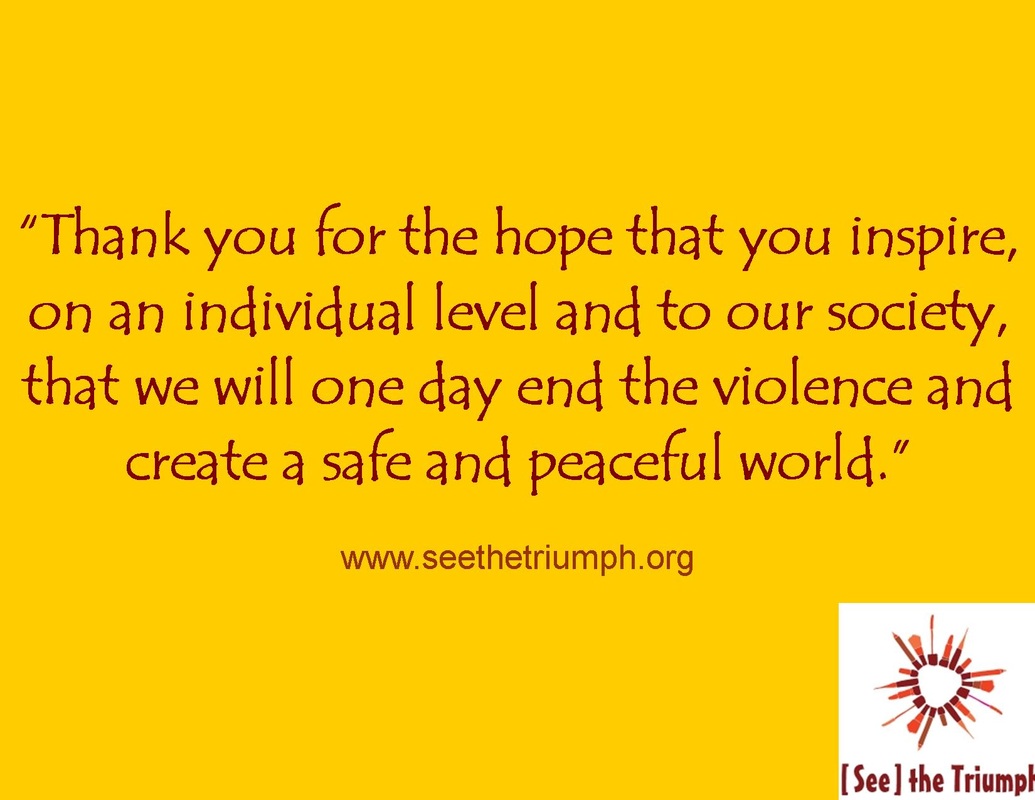
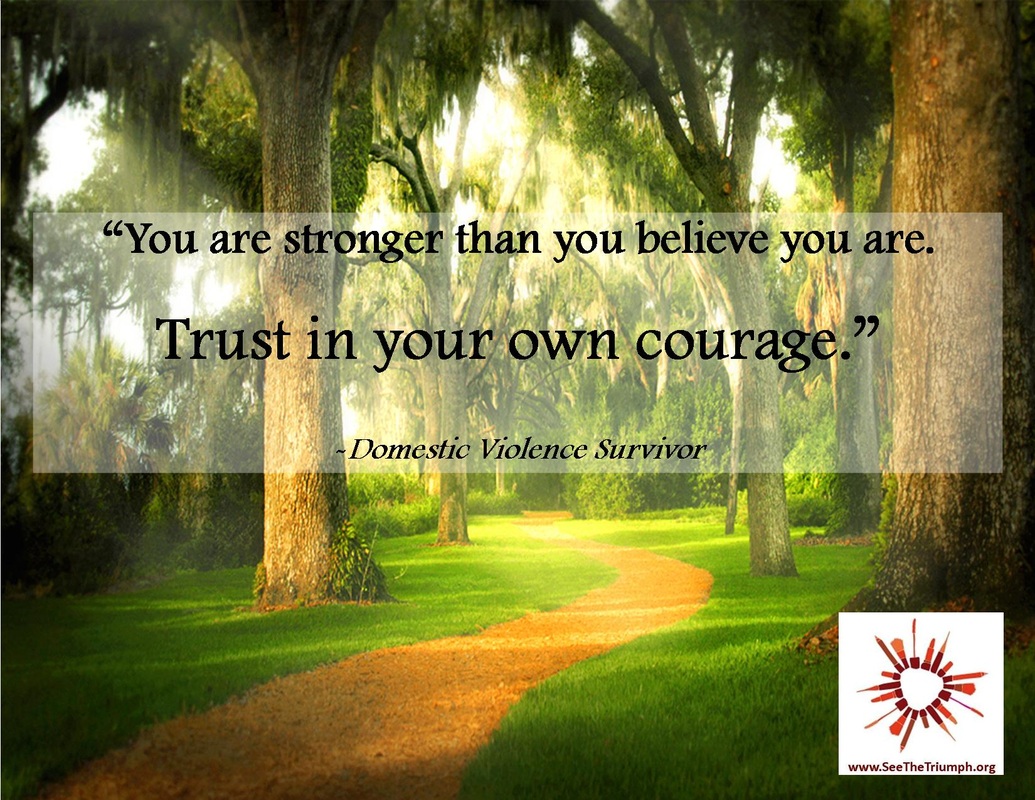
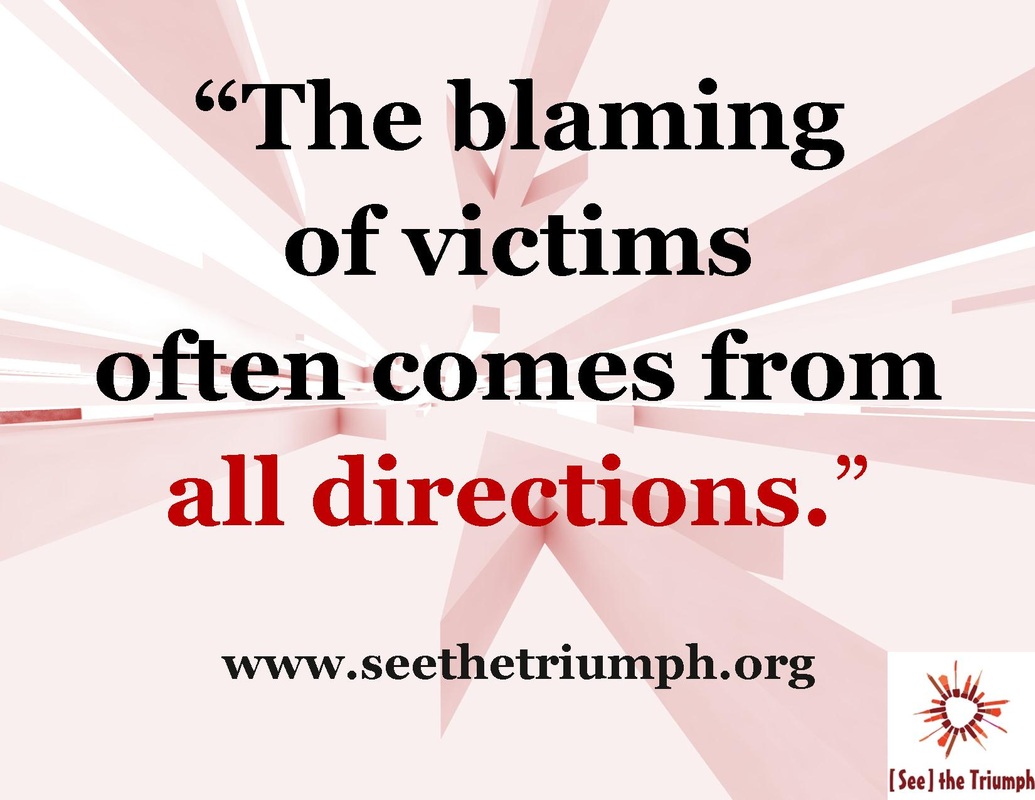
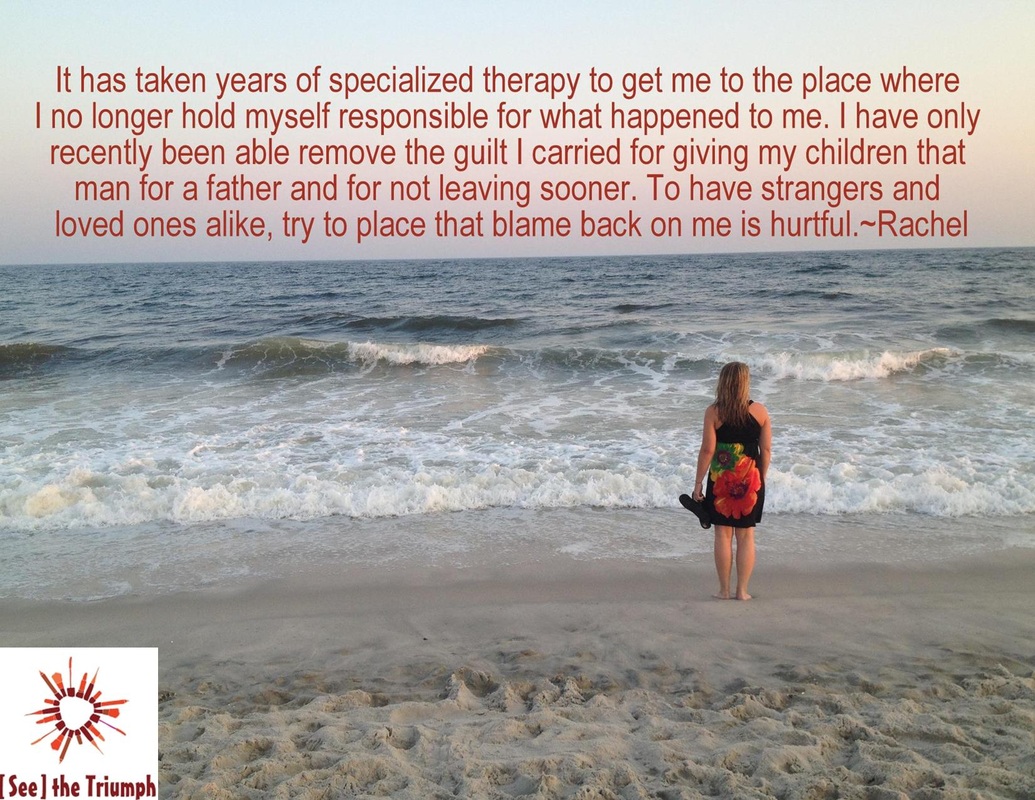
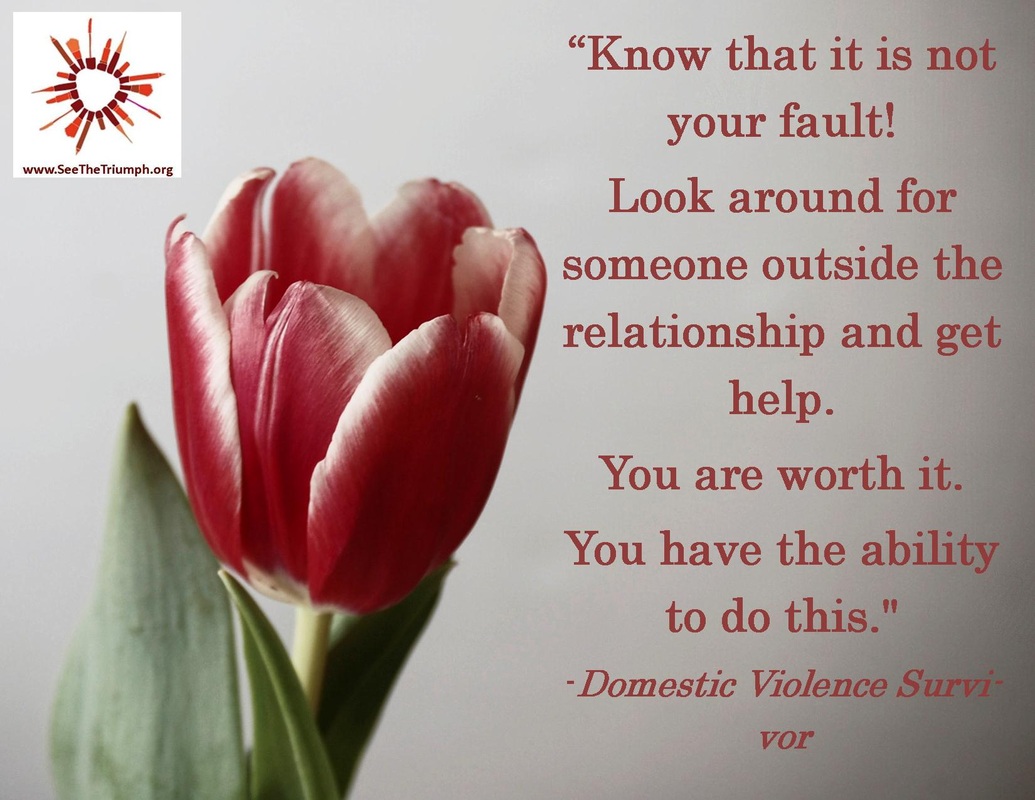
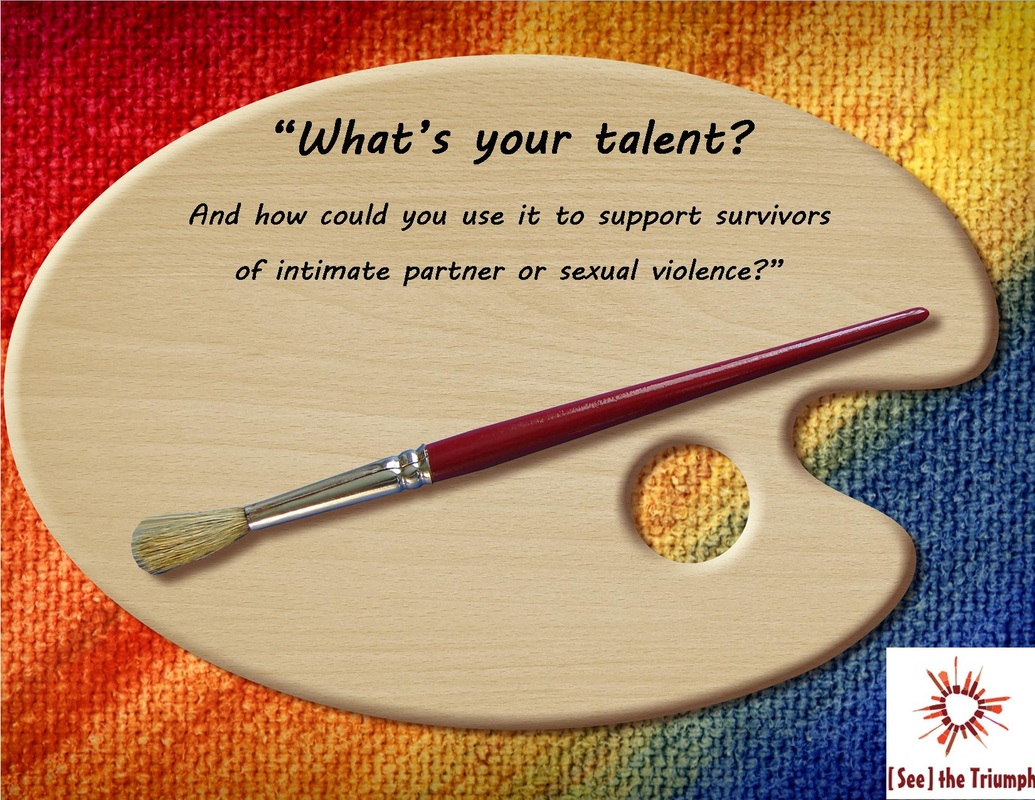
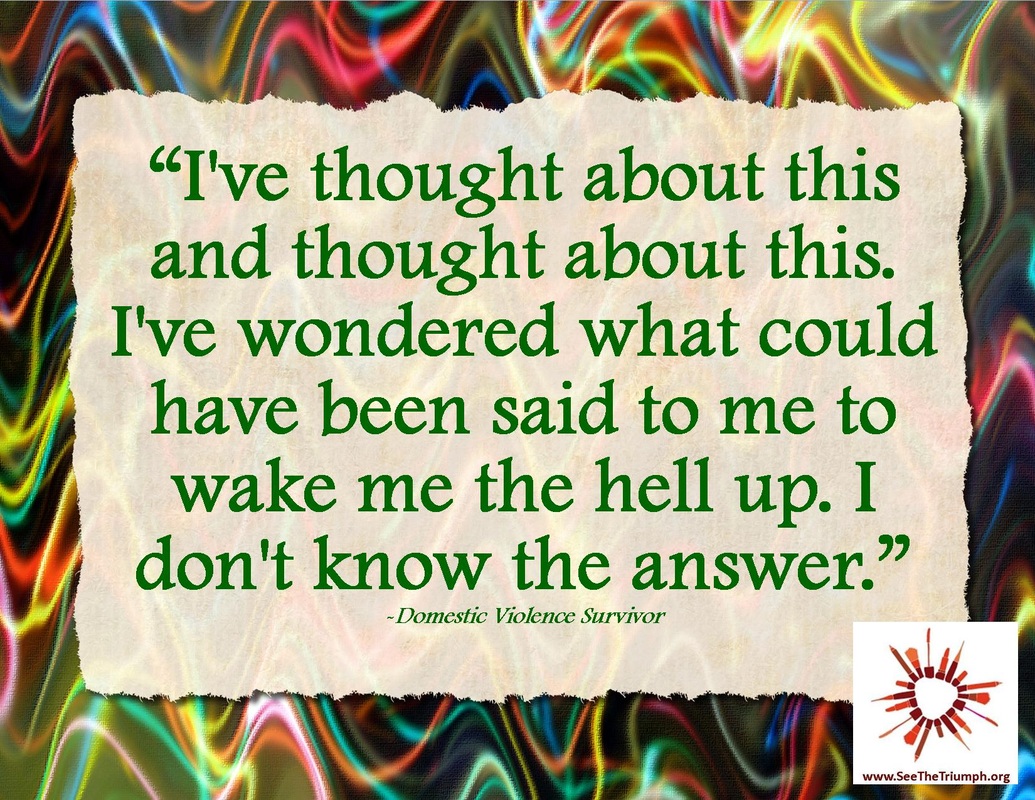
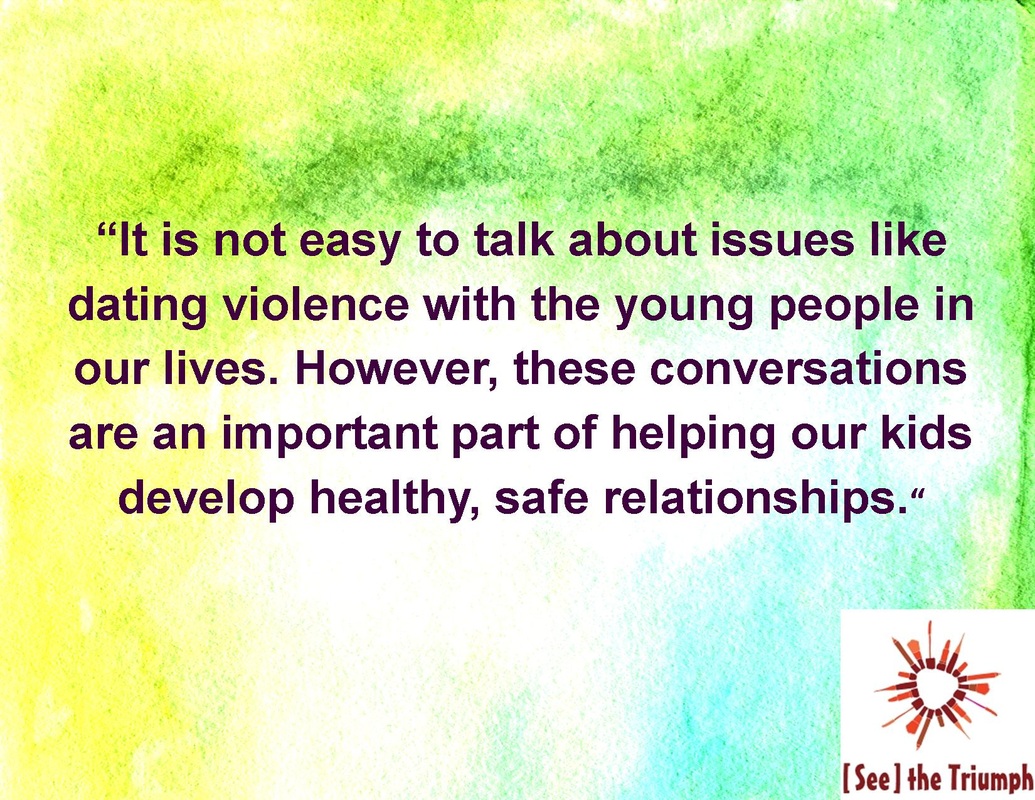
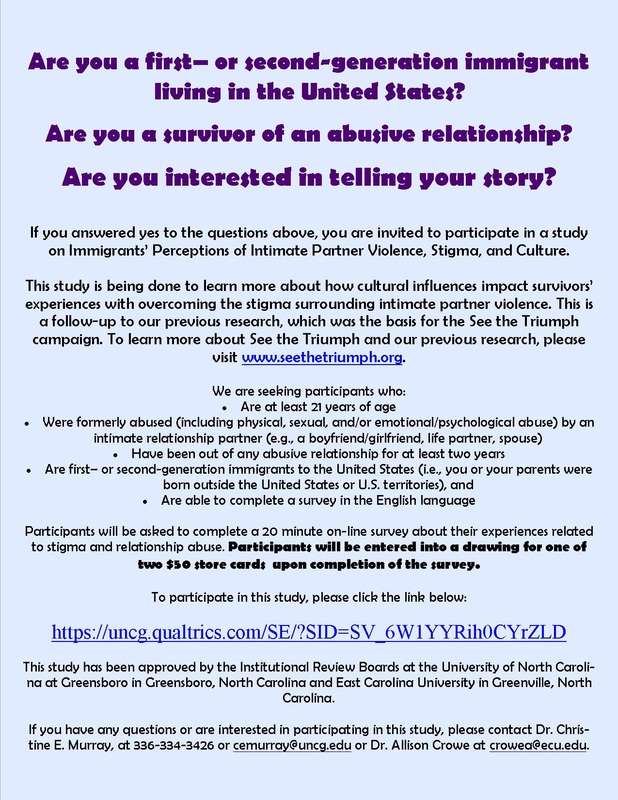
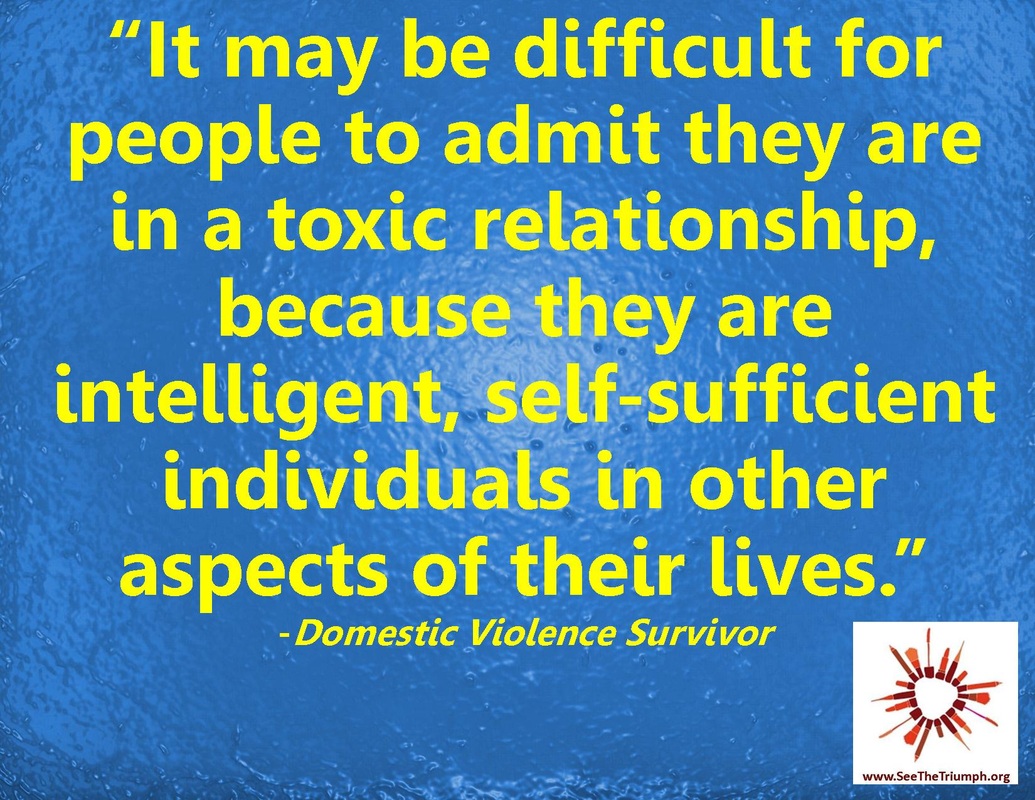
 RSS Feed
RSS Feed